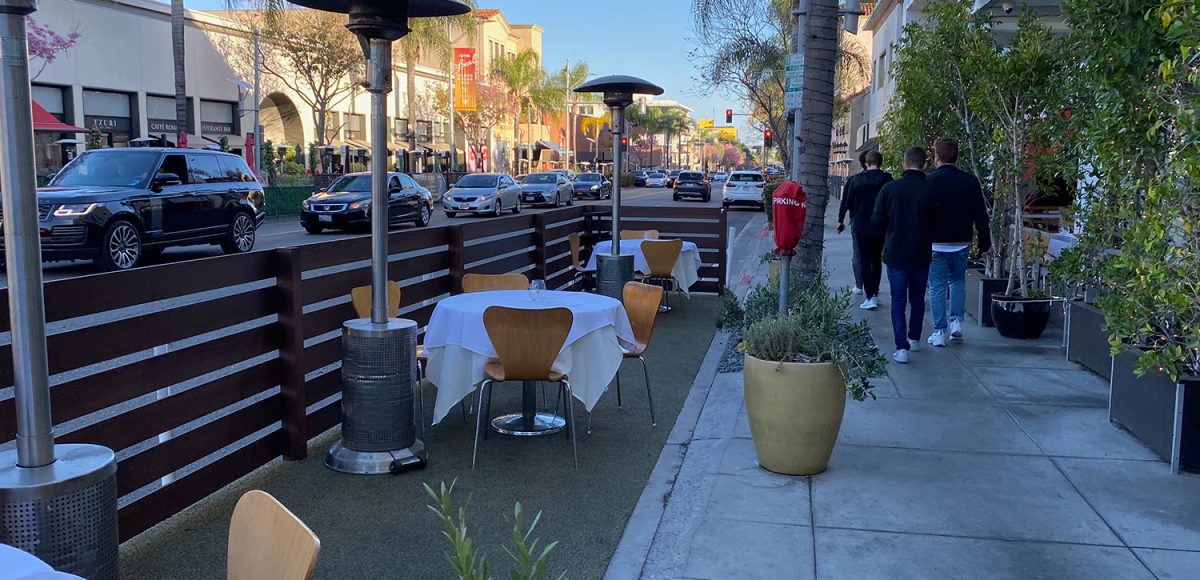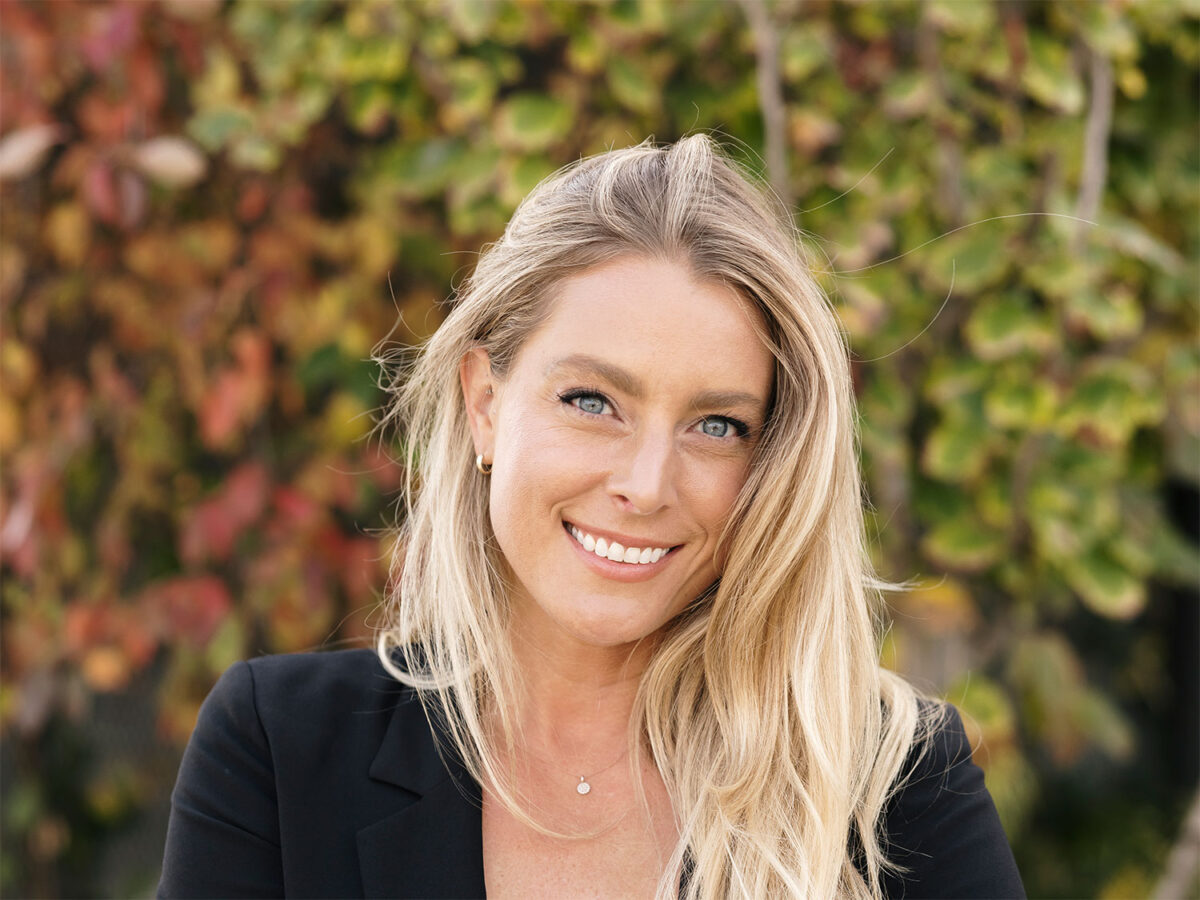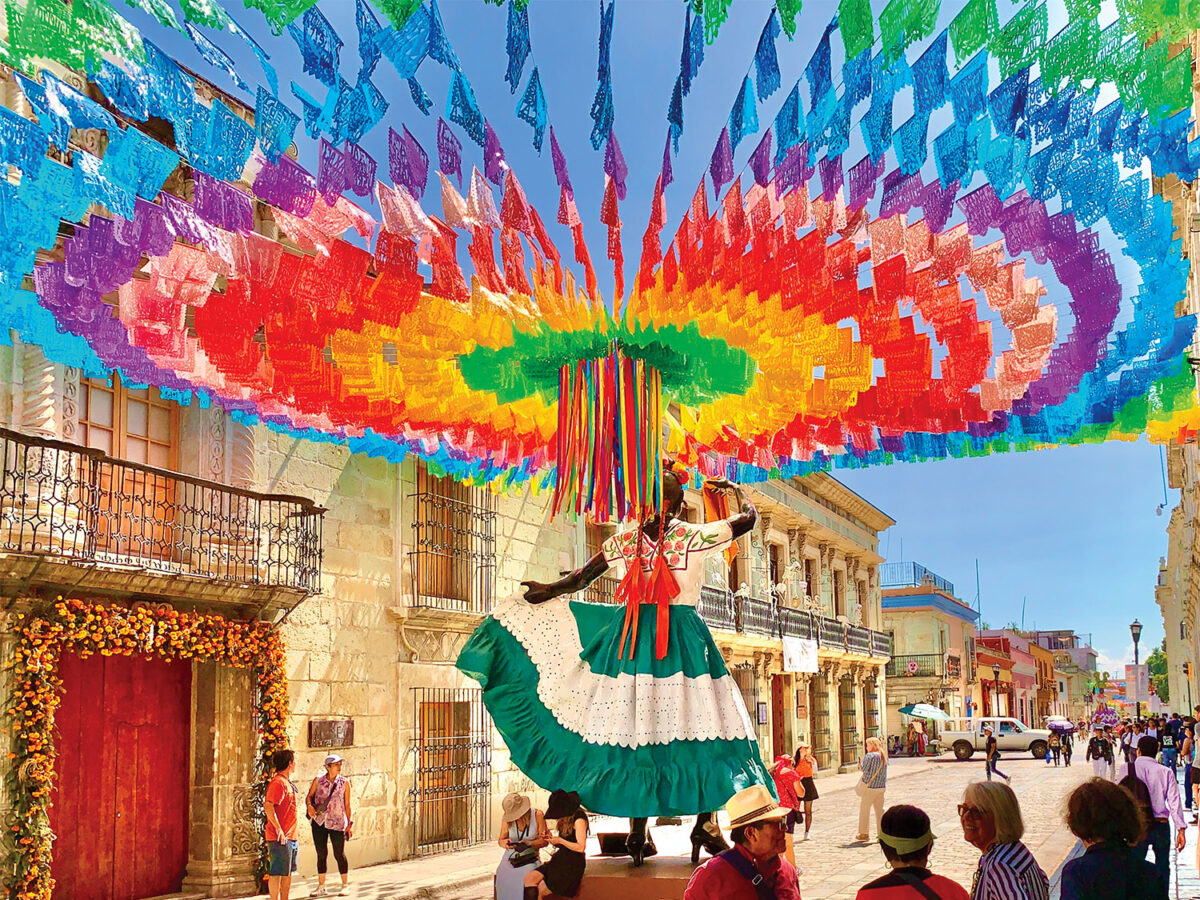The Beverly Hills City Council voted on May 4 to extend the city’s OpenBH program in its current form through Dec. 31, 2021, which includes continued waived permit fees and traffic control costs, with a formal review to be conducted in September regarding a permanent extension. The recommendation was submitted by the Small Business Assistance Task Force, and unanimously approved by the council.
The city’s current OpenBH program allows businesses to temporarily expand their services to adjacent areas such as parking lots and the public right of way by acquiring a Special Event Permit without having to pay applicable fees. Under the program, street closure fees and meter revenue are also waived, with costs related to traffic circle equipment and staff time being absorbed by the city. With the closure of indoor dining and ever-changing Public Health restrictions, OpenBH proved to be a critical lifeline for many restaurants and retailers teetering on the edge of foreclosure. However, challenges related to equitable fee structures, safety concerns and design elements remain. Some 114 businesses in Beverly Hills have participated in the program since its inception in June of 2020. Currently, there are 96 businesses actively participating.
“It has facilitated outdoor operations for many businesses throughout town,” Laura Biery, Marketing and Economic Sustainability Manager for the city, said of the OpenBH program. “It’s included expansions onto sidewalks, parking lots, and some of the favorites, on-street parklets.”
“This is the first time Beverly Hills has had the opportunity to have parklets,” Biery added. “And a typical parklet occurs in a parking space along the curb for us in Beverly Hills. Many of those are in parking metered spaces.”
Vice Mayor Lili Bosse and Councilmember Lester Friedman, who both serve on Task Force Liaison Committee, recommended that the Council approve the extension of the program.
“We were well represented by our business community at that meeting, and we have all agreed that this is a very successful program,” Friedman said of the April 22 liaison meeting. “It really has helped our business community get up and going again as a result of the pandemic. Our unanimous recommendation was to extend the program through the end of the year through December of 2021, with a review in September of 21, for any further modifications that may be necessary after the first of the year. We also did discuss establishing, sometime in the future, a Beverly Hills standard for the type of parklet that’s out there, especially if we’re going to continue this program past the end of the year.”
Friedman added: “The city is losing revenue, and it’s much needed revenue to maintain all the services that we expect as residents and businesses in our community. But it is an effort and an expense that is well worth it to help our businesses get through these difficult times. I believe we just went into the yellow tier which still restricts restaurants indoors to a 50 percent capacity. So, the ability of the city to provide the space for the businesses to make up for what they’re losing indoors is really important to our businesses.”
On May 4, Los Angeles County Public Health officials announced that the county has officially met the threshold to move into the least restrictive “Yellow Tier” in the state’s Blueprint for a Safer Economy. On May 5, an updated Health Order was published that allows for increased capacity limits at many businesses and bars may reopen indoors. As of May 6, restaurant capacity is no longer capped at 200 people, but the maximum indoor occupancy must remain at 50 percent. There must be six feet between tables and tables are limited to a maximum of six people from one household or eight people from up to three households outdoors. If everyone is fully vaccinated, up to six (indoors) and eight (outdoors) different households at one table, TV viewing allowed, live entertainment outdoors only.
“One of the blessings that came over this most challenging year was the OpenBH program,” Bosse noted. “We have now created something that we’ve been longing to do for many years, which was create that sense of vibrancy and buzz. We have yet to hear from a resident or a business that doesn’t love this. We’ve seen that many of these restaurants and businesses invested a lot of money to make this happen, and at a year where most people didn’t even have the money to invest, but they did.”
As it stands, the fiscal impact of the program on the city is a combination of waived permit fees, traffic control equipment costs, and loss of revenue from parking meters as well as valet operations. According to city staff, there are currently 35 parklets and 86 meters being used to accommodate the parklets. If no additional OpenBH permits are issued, the fee waiver for Jan. 2021 through Dec. 2021 totals approximately $1,096,704 in lost revenue for the city. If no additional parklets are built, the meter revenue loss for Jan. 2021 through Dec. 2021 comes out to approximately $300,885. As of April 2021, all traffic control costs, which are covered by the city, totaled approximately $94,000.
“I think the council has recognized the value of this, both from an emotional point of view, but also from an economic point of view,” Councilmember Dr. Julian Gold said. “And this is our investment.”
Councilmember John Mirisch added, “We need to look at continuing to fund city services. And so, as we are right now, the figure was close to a million and a half dollars of the city subsidizing, in many ways, this program. If business gets back to normal and businesses are earning extra money because of the additional capacity, then I do think we need to look at a way to recoup some of the funds. And the way we did it before by having fees for outdoor dining.”
Another issue, Bosse added, comes from retailers who are concerned about the loss of street parking. “Maybe we would look at having like a universal valet, or some other way to manage that, if we do decide to keep this permanent,” Bosse said.
“Whenever we think about any foregone fees,” said Mayor Robert Wunderlich. “It’s an investment in our city. It’s an investment in positioning Beverly Hills for the future and creating the atmosphere that we want from Beverly Hills. And so, I certainly am very happy with this project and hope that we are moving into a position to keep it in place permanently.”







